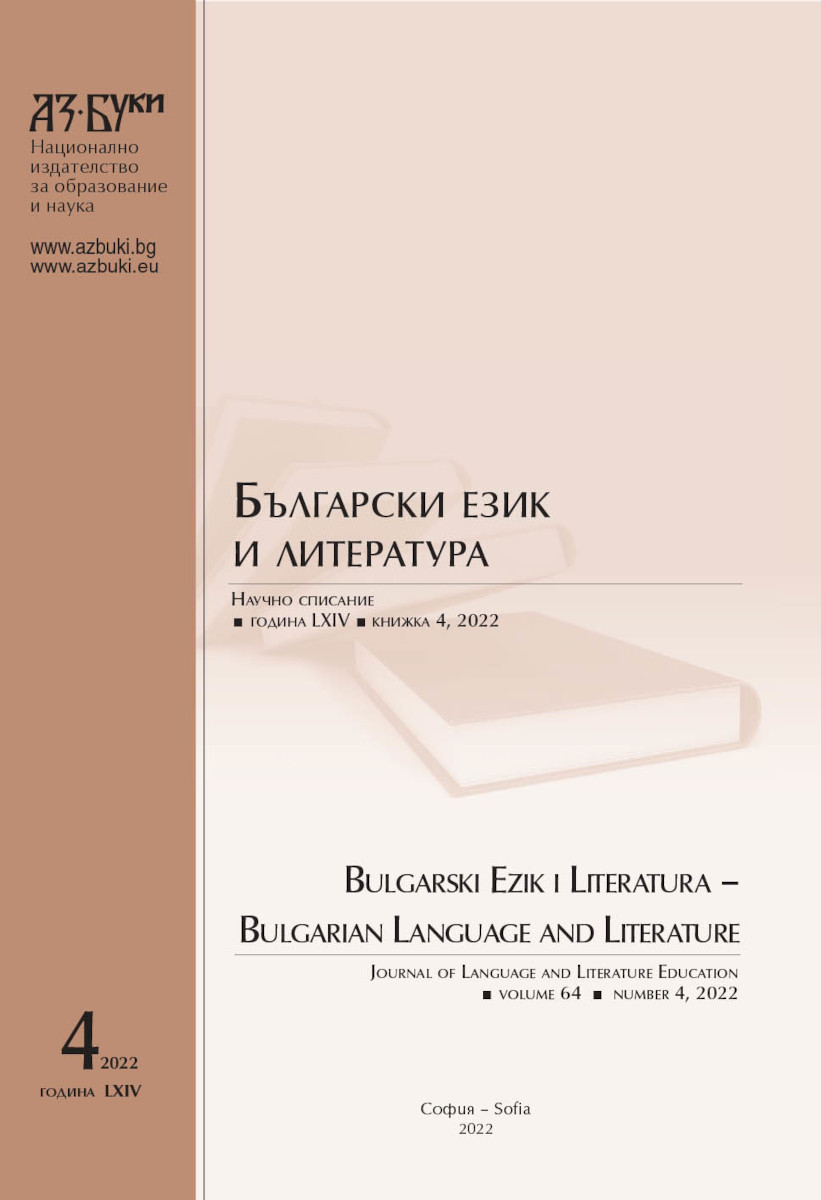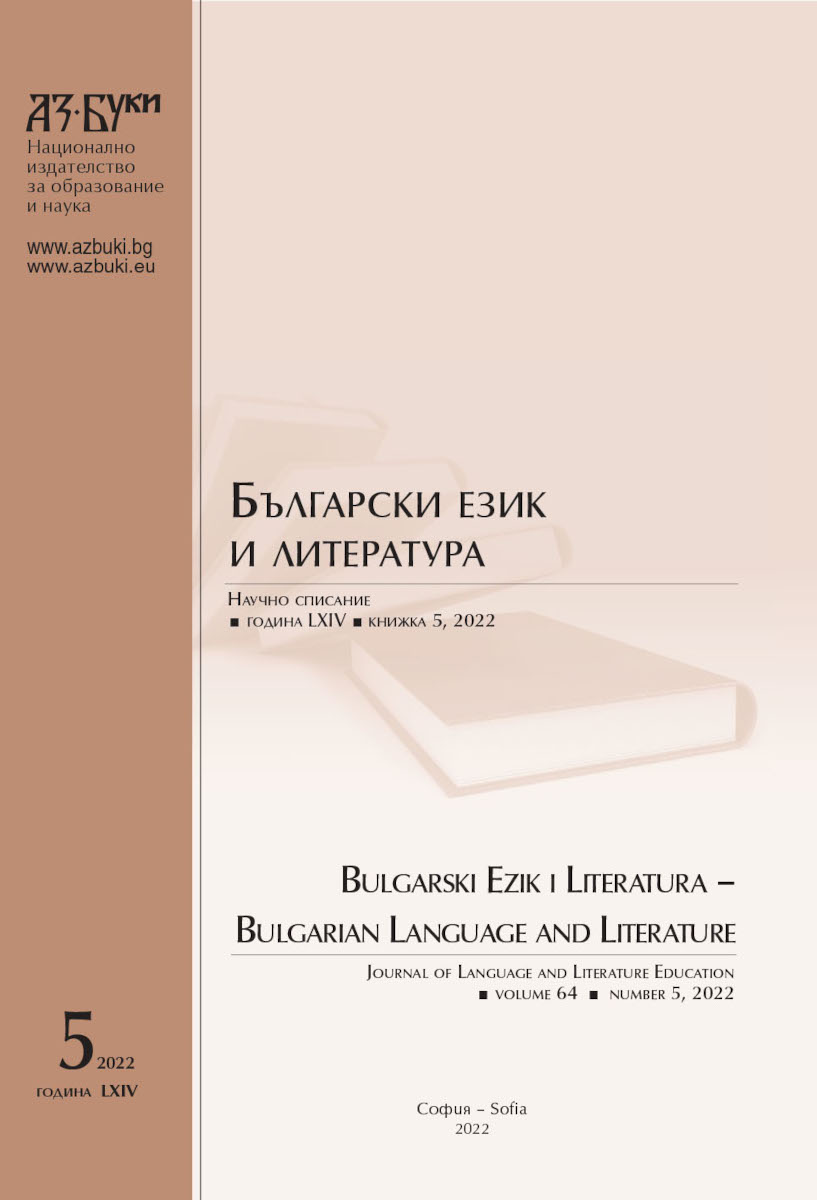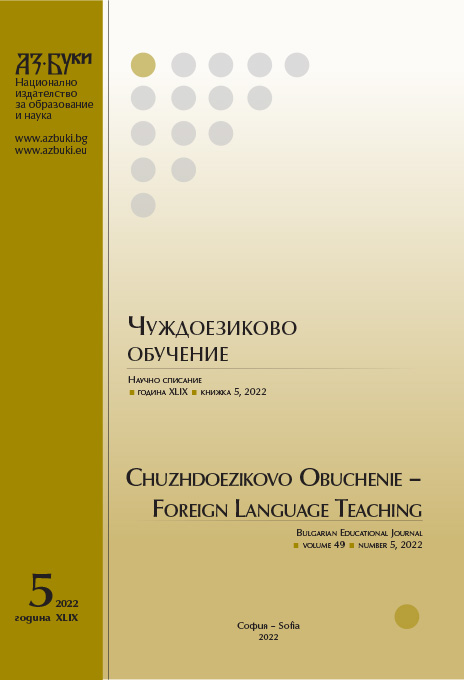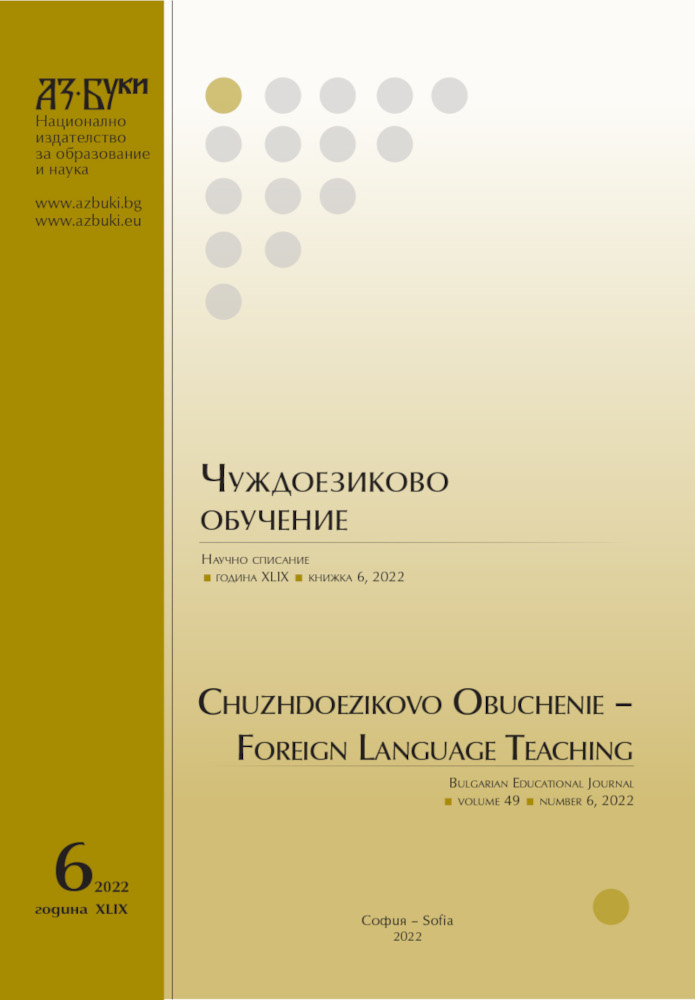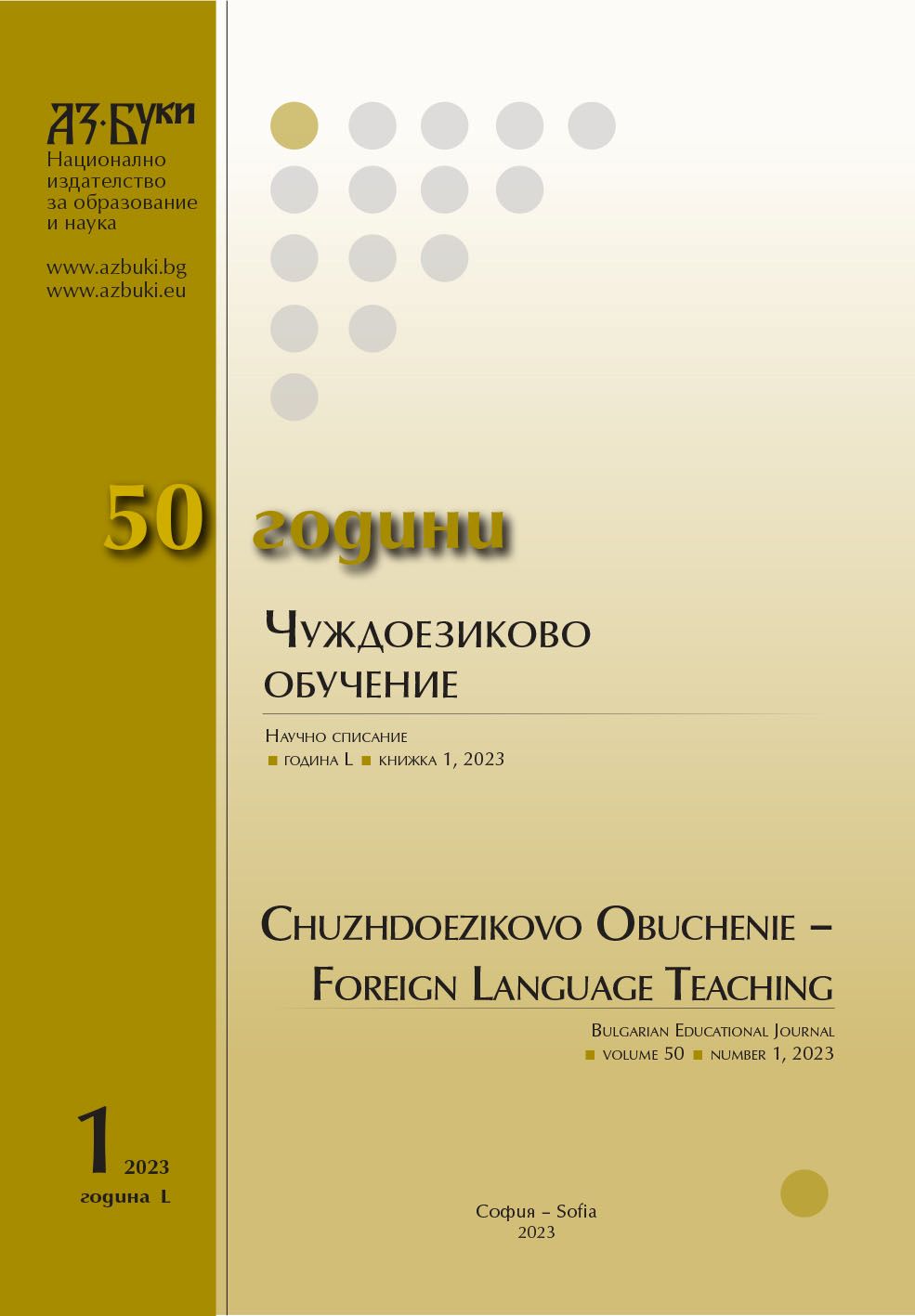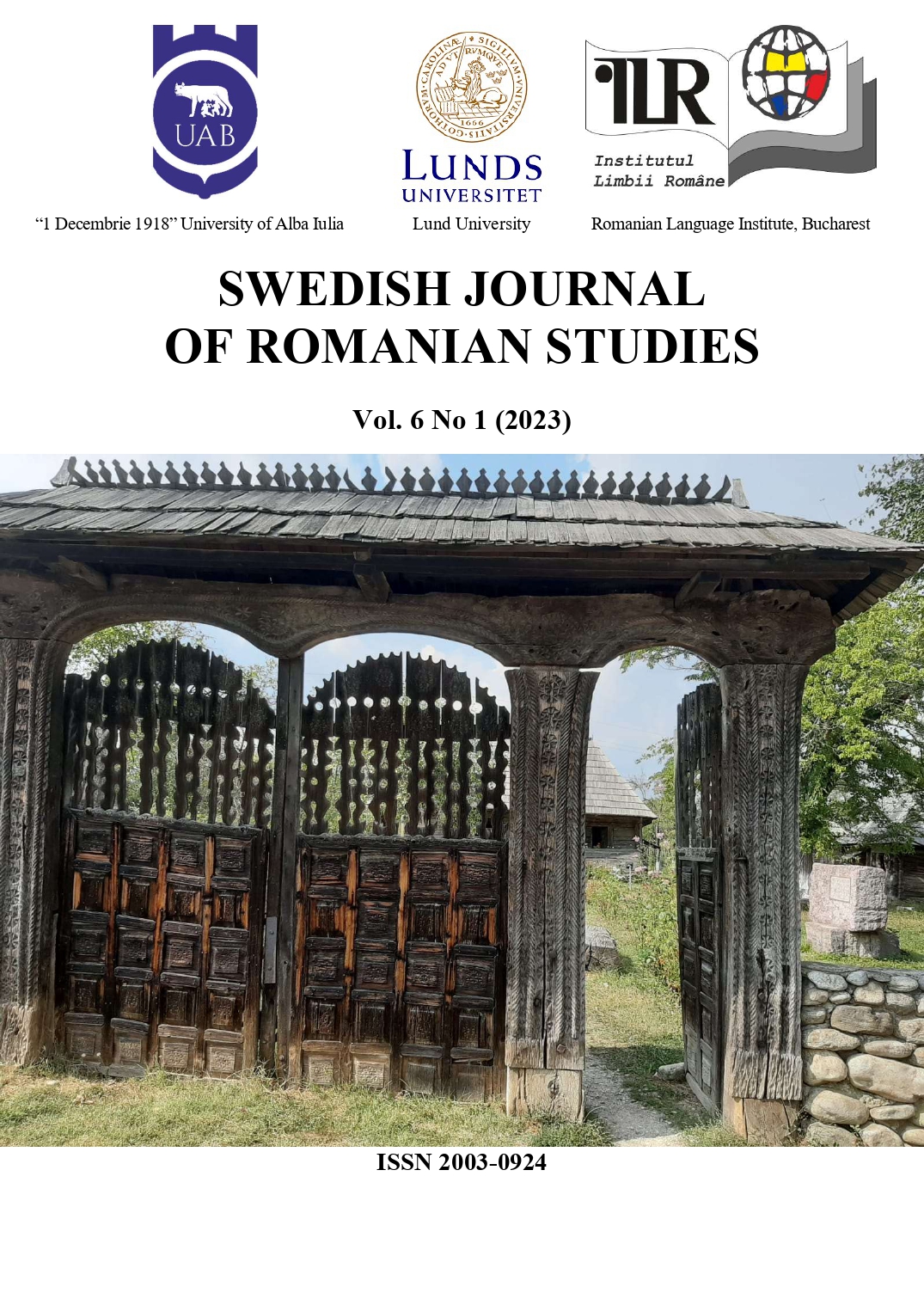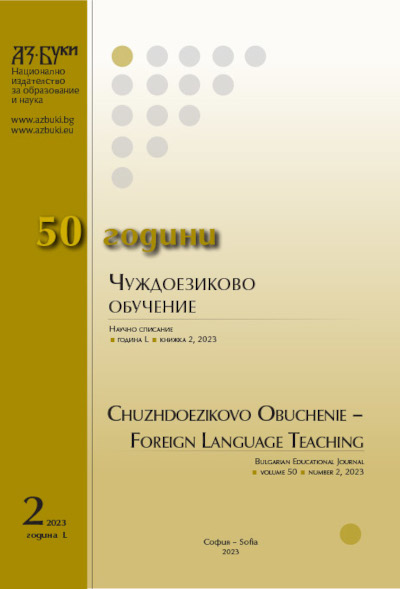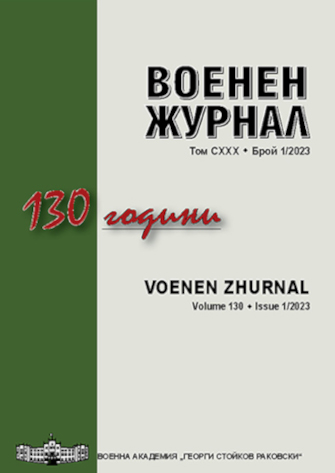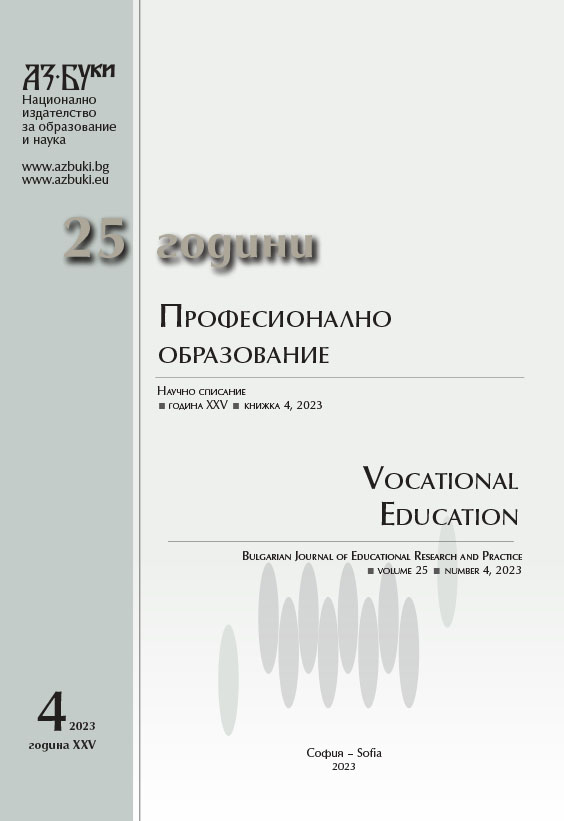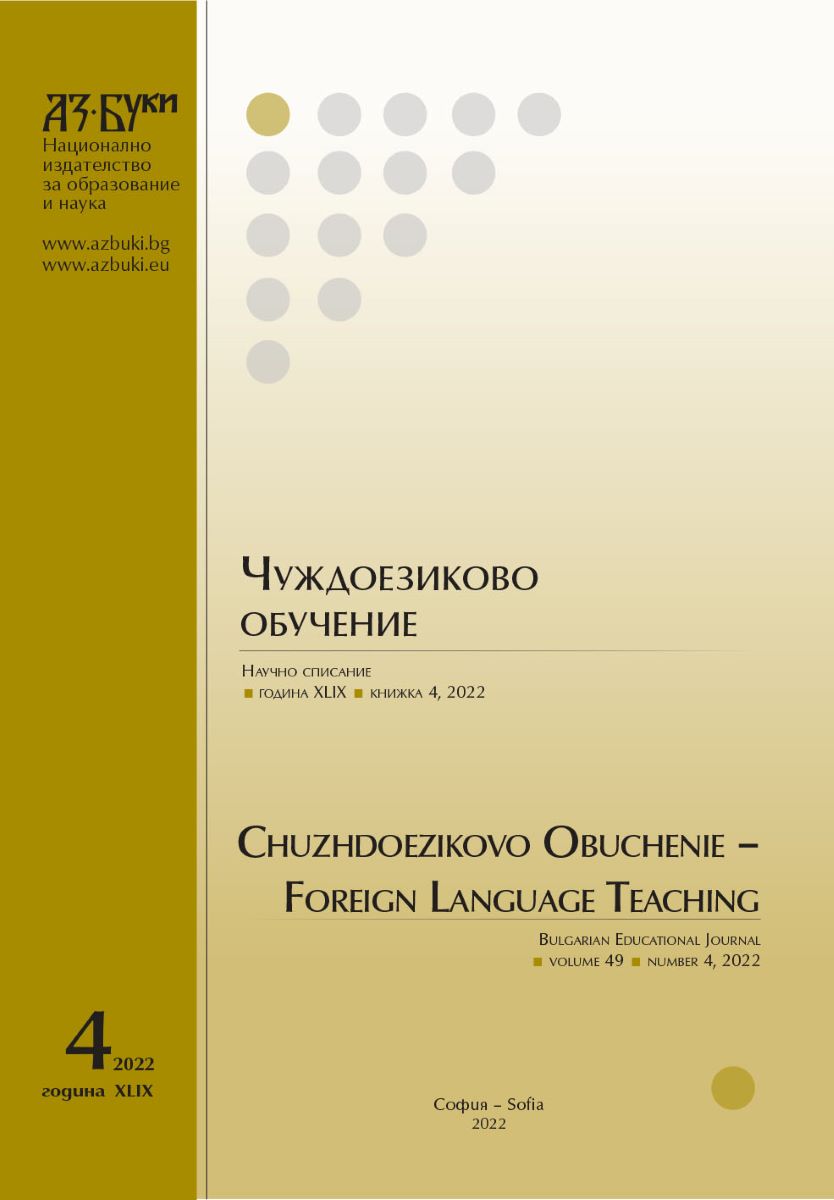
Предикатите за състояние от гледна точка на фазисната деривация: българско-руски паралели
В статията се представят в съпоставителен план възможностите за образуване на инхоативни глаголи от предикатите за състояние в българския и руския език. Разглежданите словообразувателни модели са застъпени в много по-висока степен в българския език, но и в двата езика аспектологичните характеристики налагат съществени ограничения по отношение на съчетаемостта на глагола с префикс с начинателно значение. В българския език възможността за образуване на инхоативи от даден предикат може да послужи като надежден диагностичен тест за принадлежността му към дадена онтологична категория в рамките на семантичната типология на предикатите.
More...
